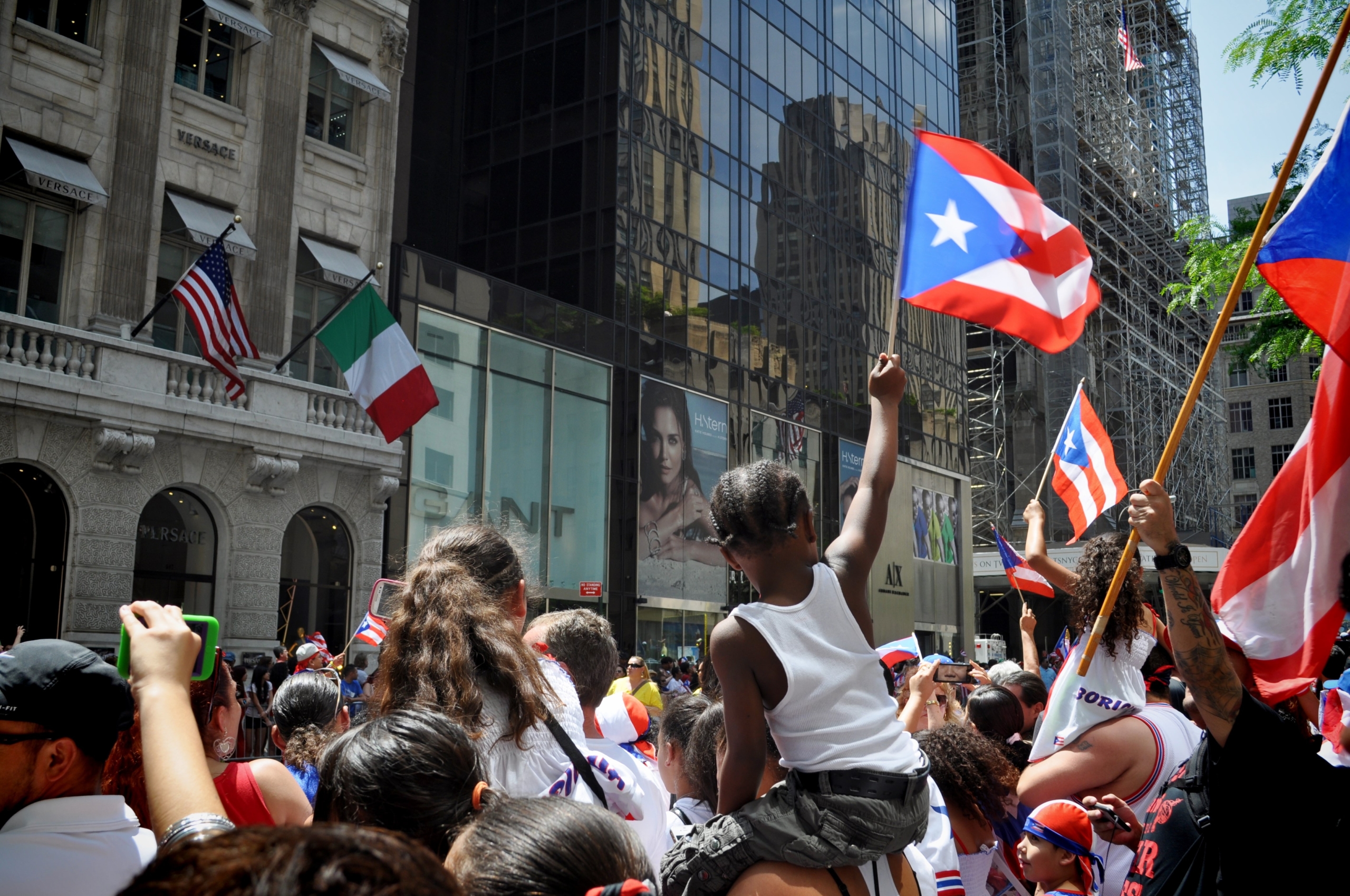Puerto Rico’s Medicaid Funding Crisis
 Hundreds of thousands of Puerto Ricans risk losing their access to health care in the near future. In Puerto Rico, about 1.4 million or about half of its citizens live in poverty. Accordingly, Medicaid covers approximately 46% of Puerto Rico’s population. However, United States government leaders can and should take actions that would help Puerto Rico escape the Medicaid funding crisis.
Hundreds of thousands of Puerto Ricans risk losing their access to health care in the near future. In Puerto Rico, about 1.4 million or about half of its citizens live in poverty. Accordingly, Medicaid covers approximately 46% of Puerto Rico’s population. However, United States government leaders can and should take actions that would help Puerto Rico escape the Medicaid funding crisis.
Medicaid in Puerto Rico
Because Puerto Rico is a territory, Medicaid funding in Puerto Rico differs greatly from that in the United States. The U.S. government reimburses U.S. states for a specific portion of what they spend on health care for the poor. This reimbursement ranges from 50% to 83%. If the need grows, the federal government’s contribution to states will grow as well. On the other hand, as a territory, Puerto Rico has a cap of 55% reimbursement. Even if the need increases, that cap does not increase. The federal government would reimburse Puerto Rico 83% if it had state status.
On top of this, starting in 1968, the U.S. federal government capped total dollars to reimburse Puerto Rico for Medicaid expenses. In 2019, government funding only covered 15% of the total cost of Medicaid in Puerto Rico. Due to this, Puerto Rico is experiencing a Medicaid funding crisis.
Inadequate and Unreliable Funds
During the COVID-19 pandemic, Congress provided emergency funding to help Puerto Rico escape the Medicaid funding crisis. Puerto Rico’s Medicaid budget for 2021 is $2.7 billion, which is seven times more than what it would have been if Congress had not granted temporary funding. However, the issue is that this funding is only short-term.
Year after year, Puerto Rico has to ask Congress for additional funds. Then, Congress must determine whether or not it should provide it. For this reason, Puerto Rico is unable to establish long-term planning or negotiate contracts with health care providers. The bottom line is that this leaves Puerto Rico always uncertain of whether it will receive sufficient finances to deliver vital health care services.
This uncertainty combined with Puerto Rico’s low Medicaid rates has influenced doctors and other health care workers to emigrate from the island. In turn, that is limiting the treatment and care available to patients. As a result, 72 of Puerto Rico’s 78 cities and towns have insufficient medical care. In particular, Vieques and Culebra suffer from poor health care access.
Necessary Actions
Puerto Rican Health Secretary Carlos Mellado believes that Puerto Rico should have parity with states for Medicaid funding. This means removing the reimbursement caps and funding Puerto Rico at 83%, which is at the top of the range for states. He visited Congress over the summer to advocate for Puerto Rican parity.
Beyond the Medicaid funding crisis, the Center for American Progress advocates eight measures that the Biden administration could do to provide parity and support for Puerto Rico. These include parity in interstate trade and a specific focus on providing health care access to Vieques and Culebra.
In general, adequate federal funding is the most long-term answer to the Medicaid funding crisis and several other issues Puerto Rico faces. As Health Secretary Mellado said, “It would be ideal if Puerto Rico could have Medicaid funding parity. That would be the most permanent solution to this issue.”
– Anna Lovelace
Photo: Unsplash
